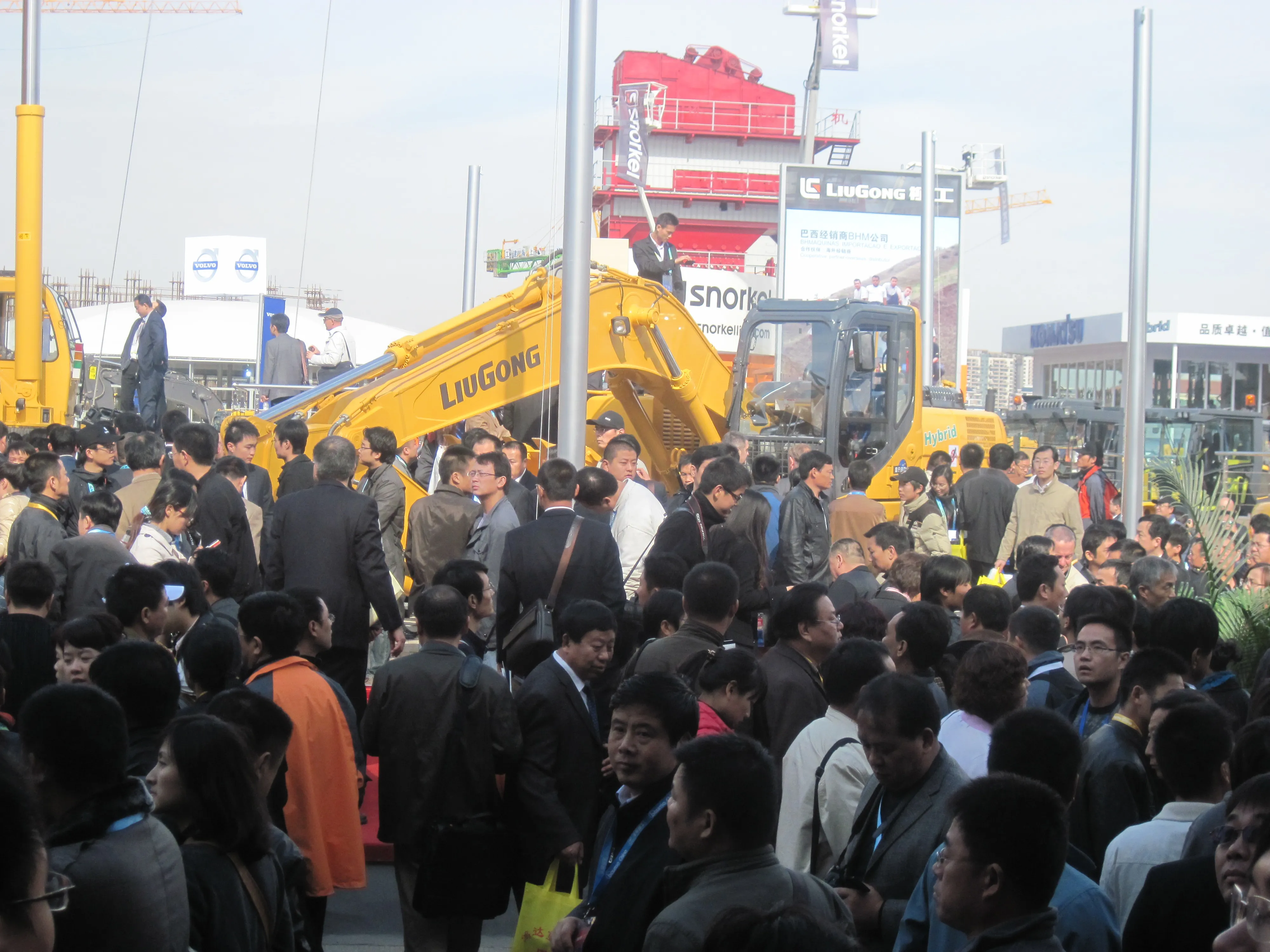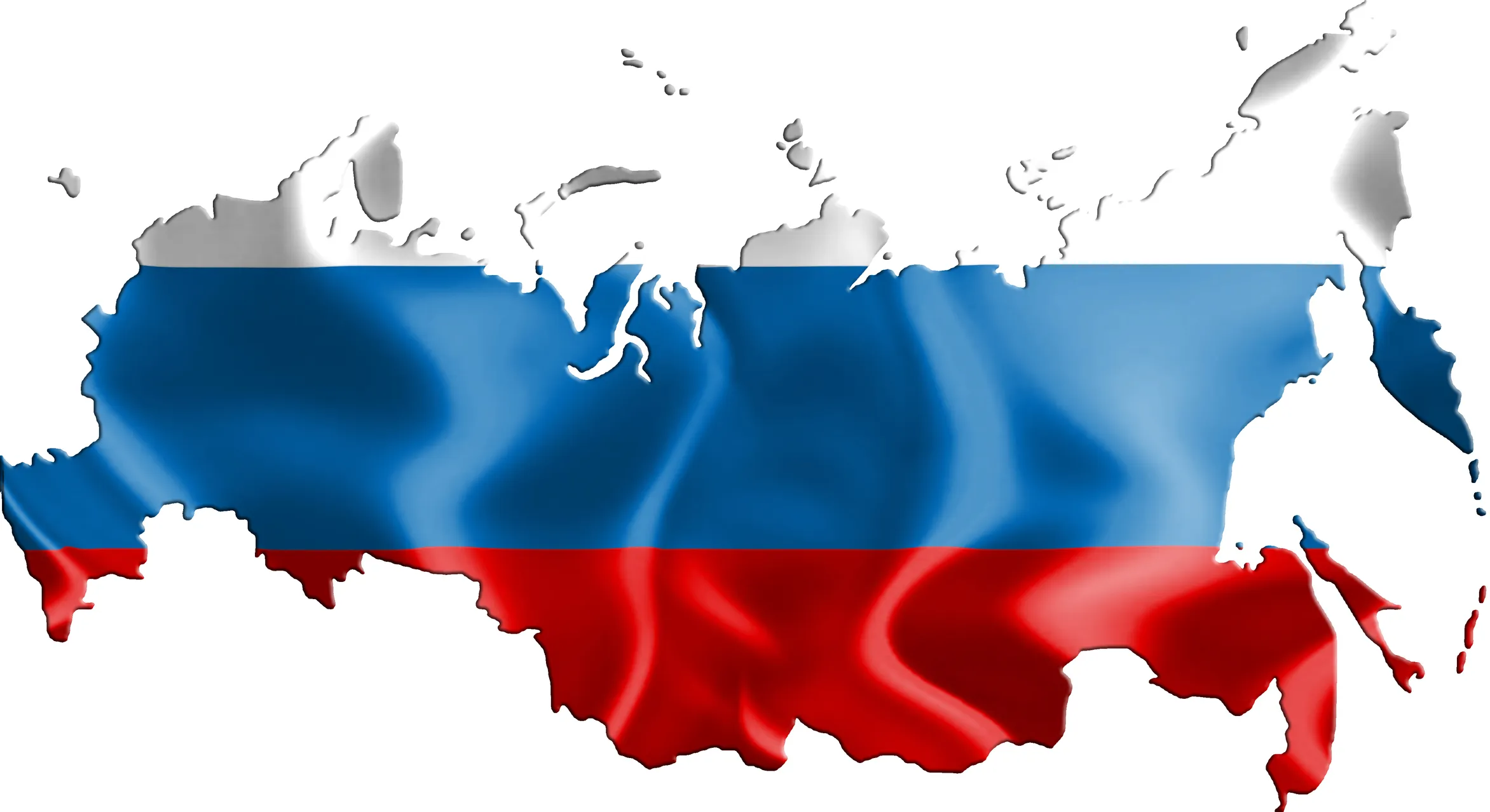3M expects to post a turnover of US$350 million (RUB 11.129 billion) in Russia this year – an increase of 16.6% on the $300 million (RUB 9.539 billion) posted in 2011, according to its CEO Inge Thulin.
Russia accounts for 1% of total annual turnover for the globally renowned manufacturer of innovative products for transport, industry, healthcare, energy efficiency, security and other spheres.
3M estimates that developing countries will capture 40-45% of its total turnover within five years, up from t
October 31, 2013
Read time: 2 mins
Russia accounts for 1% of Total annual turnover for the globally renowned manufacturer of innovative products for transport, industry, healthcare, energy efficiency, security and other spheres.
3M estimates that developing countries will capture 40-45% of ITS Total turnover within five years, up from today's 34%.
Since 2008, 3M has owned a plant which manufactures respirators, home care products, anti-corrosion coatings, located in Volokolamsk, near Moscow. Another facility will open in the special economic zone Alabuga in Tatarstan (Volga) next year. It will produce anti-corrosion materials and abrasives, tapes and other products. The corporation also has three research laboratories in Russia. It has already received five patents in the fields of road safety (a road sign with internal illumination and a new type of reflector), printing (a new flexographic plate mounting technology), and telecommunications (a cable connector for use with armoured cable and a hook for optical cable. By the end of 2013, 3M plans to receive up to 10 new patents, and, within five years, to open new laboratories for the medical, oil and gas and other industries.
The B2B sector accounts for 90% of the company's business in Russia, whereas 15% of sales come from the oil and gas industry.
Thulin believes the Russian economy will see a rapid growth, fuelled, he predicts, by the technical transformation and growth of the middle class.







